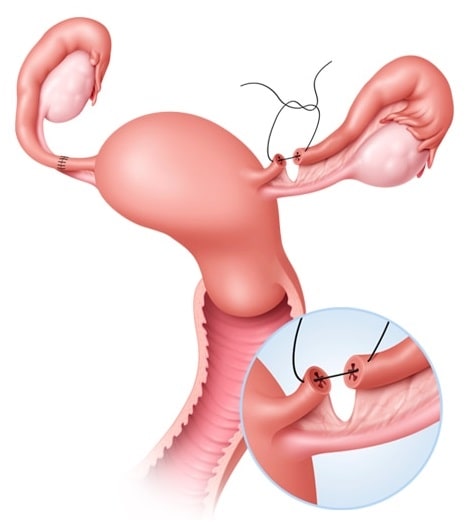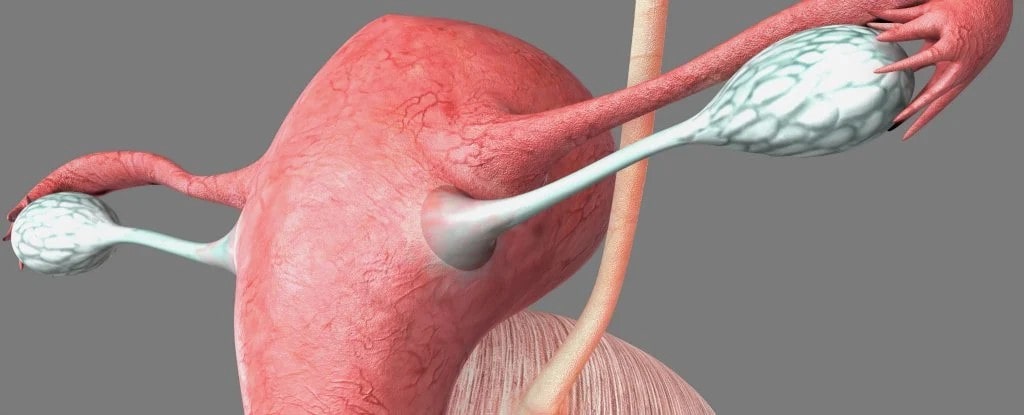- Home
- Laparoscopic Surgery
- Tubal Recanalization
Tubal Recanalization (Fallopian Tube Reversal Surgery)
The procedure aims at reconnecting the previously cut portions of the fallopian tube. After family planning some women want to reverse the procedure, which created a break in the fallopian tube. The reverse procedure involves reconnecting the fallopian tubes in order to become fertile again.

What are Fallopian Tubes?
Fallopian tubes are an integral part of female fertility. Fallopian tubes are fine little tubular structures that connect the uterus to the ovary. Fallopian tubes provide passage for the eggs to travel from the ovaries to the uterus. During conception process, the ovary releases an egg, which travels into the fallopian tube, sperm travels into the fallopian tubes to fertilize the egg, thus an embryo is formed and it is nourished and transported to the uterus where the next stage of pregnancy takes place. Thus a block or cut in these tubes makes fertilization impossible.
Fallopian tubes are a crucial part of the female reproductive system and female fertility. The fallopian tubes transport the eggs from the ovaries to the uterus, which is where conception occurs.
A common cause of infertility is due to blocked fallopian tubes. The fallopian tubes may become blocked for a number of reasons including infection, sexually transmitted disease, uterine fibroids and scarring after a surgery.
Treatments for blocked fallopian tubes include open abdominal surgery and laparoscopy. There is also a minimally invasive procedure called fallopian tube recanalization.
Benefits of Fallopian Tube Recanalization
» Fallopian tube recanalization is a minimally invasive outpatient procedure with no incision needed
» Requires only local (rather than general) anesthesia
» An increased chance of pregnancy if this is the sole cause of infertility
» Does not cause scarring or pain, as some surgical techniques can Reduced risk of infection as compared to surgery
» Same day procedure, recover at home
» Easy to make and quickly schedule an appointment at an outpatient center

What are the Risks?
» Patient recovery is very fast as compared to traditional open Tubal Recanalisation procedure
» Minimally Invasive
» 2-3 Small incisions
» Minimal Blood Loss
» Daycare procedure – The patient can go home the same day of the surgery after a brief stay at the clinic/hospital.
What does the basic testing for women include?
Laboratory tests may include blood and urine tests. A urine test can tell when and if you ovulate. Blood tests can measure:
» Progesterone levels (to see if you have ovulated)
» Thyroid function (problems with the thyroid may cause infertility)
» Levels of the hormone prolactin (high levels can disrupt ovulation)
» Ovarian reserve (egg supply)
Expected Results from the Procedure
» The successful myomectomy surgery helps the patients to get relieved from the heavy bleeding, frequent urination, and pelvic pain and pressure.
» Once the fibroids are removed, the patient’s fertility state also improves along with pregnancy outcome.

